Sport
Burkina Faso's youthful leader has raised the stakes in his defiance of Western expectations by consistently projecting his anti-colonial stance and pursuing a robust policy of resource nationalism.
When Captain Ibrahim Traoré came to power in Burkina Faso through a September 2022 coup d'état, he was perceived as just another military officer in the revolving door of West African leadership changes.
At 37, the world's youngest head of state has metamorphosed from a virtually unknown soldier to a figure commanding huge following within and outside his country.
Social media brims with viral videos of his speeches, impromptu football matches, and conversations with ordinary citizens, reinforcing a carefully cultivated image of accessibility in stark contrast to his predecessors.
His words resonate with a population increasingly wary of foreign influence, particularly from the erstwhile colonial power, France.
"My biggest regret is that I spent a good part of my youth listening to radio stations like RFI and France 24," declares Traoré with characteristic bluntness in a recent media interview.
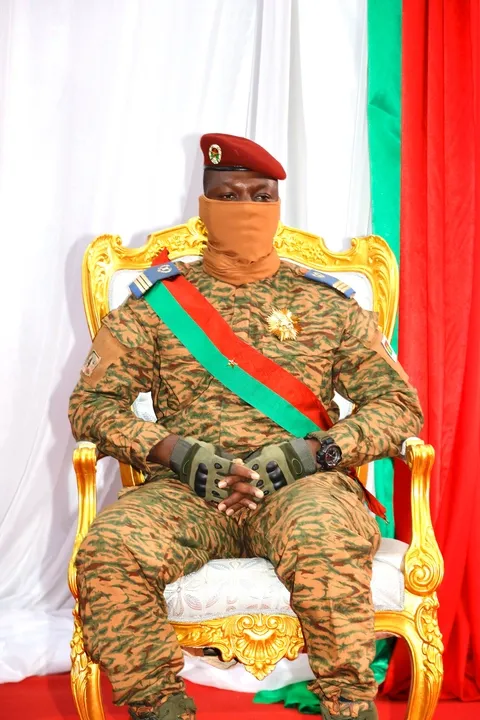
"I have been to countries where these radio stations were closed, but we took applications, recorded their diaries and listened in. Then something clicked. I began to understand that they are conditioning our brains to accept what they want."
Political scientist Javas Bigambo explains Traoré’s growing appeal from the lens of a continent that has had to bow to colonial oppressors, often for reasons not of its own making.
"He speaks or acts in a manner that ostracises and politically exorcises the domination by imperialist powers for a long time, in this case, the French government."
Traoré’s anti-colonial oratory has struck a chord across a continent where many young people feel exploited by foreign powers and sometimes by some local leaders as well.
Alain Aimé Nyamitwe, Burundi’s former minister of foreign affairs, believes Traoré’s age works for him as much as his charisma.
"Ibrahim Traoré is popular, especially among African youth, because he is young like them. Remember that 60% of the African population is made up of people under the age of 25, which means that the youth look up to Traore as their own, as their representative, and a role model,” says Nyamitwe.
Power struggles
Traoré's ascent seems to have come at a price. Security forces in Burkina Faso recently intercepted communications detailing a "major plot" targeting the presidency, according to Burkinabe security minister Mahamadou Sana.
"Captain Traoré has suffered the misfortune of being a key target for possible elimination, especially by groupings associated with imperialist powers, which are chagrined by his ascendancy and occupation of power," says Bigambo.
Traoré's government alleged that the latest conspiracy to target him originated in neighbouring Côte d'Ivoire's capital, Abidjan. This accusation followed the arrest and dismissal of several army officers within Burkina Faso days earlier. Côte d'Ivoire’s government denied the allegations.
Nyamitwe urges caution in labelling the internal challenges facing Traoré as the outcome of a transnational conspiracy.
"I wouldn't go to the extent of saying that Cote d'Ivoire itself as a state is involved in that (alleged plot of) coup because we don't have evidence,” he says.
“It will be necessary to follow the best practices in international relations, mediation to try to calm down the situation between the two countries, and also perhaps consider any form of judicial cooperation,” the Burundian career diplomat and former minister says.
Traoré's supporters have taken to the streets of Ouagadougou in response to reported threats against their leader.
The slogan, “Traoré is not alone”, isn’t just a statement. It’s a passionate cry.
"Those who didn't build Burkina Faso and want to destroy it, we are here to tell them, ‘no’. They should stay where they are and destroy where they are. They shouldn't come and destroy Burkina Faso. We agree with our President; we are happy with our President. We agree with everything he does,” says activist Blandine Gansonre.
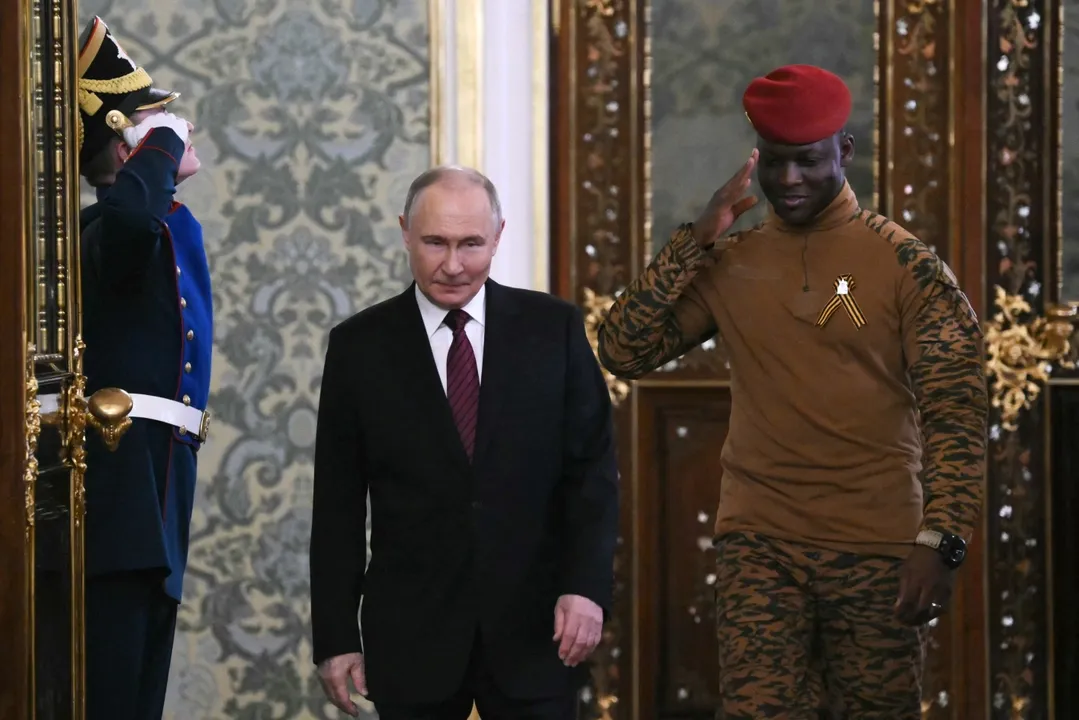
Pattern of transitions
The government’s announcement about foiling a conspiracy against Traoré isn’t an isolated case.
In January 2024, authorities declared that they had thwarted a coup attempt by "military personnel, some retired, some active, and civilians" to destabilise the country.
Three months before that, in September 2023, security forces claimed to have foiled yet another coup attempt.
Nyamitwe identifies structural flaws behind these power struggles.
“The different coup attempts that we hear about are also explained by lengthy transitions, because a transition triggered by a military coup will have to end at some point. The question is, how will Traoré touch down and say, 'Okay, this is the end of the transition, now we go for elections?,” he asks.
Question of evaluation
Traoré had justified his 2022 coup d'état against the then interim President, Lt Col Paul-Henri Sandaogo Damiba, by accusing the latter of abandoning the mission to restore security and the country’s territorial integrity.
Traoré pledged to prioritise the fight against terrorism and restore Burkina Faso’s territorial integrity.
Nyamitwe offers a critical perspective. "I would perhaps not side with those who say that he was able to curb insurgency in the north. If anything, the situation has worsened since he came to power. But one thing is clear, he has multiplied efforts to bring in groups that perhaps would support him in combating terrorist activities,” he says.
According to Nyamitwe, Traoré's strategy "revolves around changing partnerships”.
When he came to power, Traoré gravitated towards Russia and Türkiye as alternatives to Western powers with colonial footprints.
“So many other tools need to be utilised to curb the movement of terrorism, including economic incentives,” says Nyamitwe.
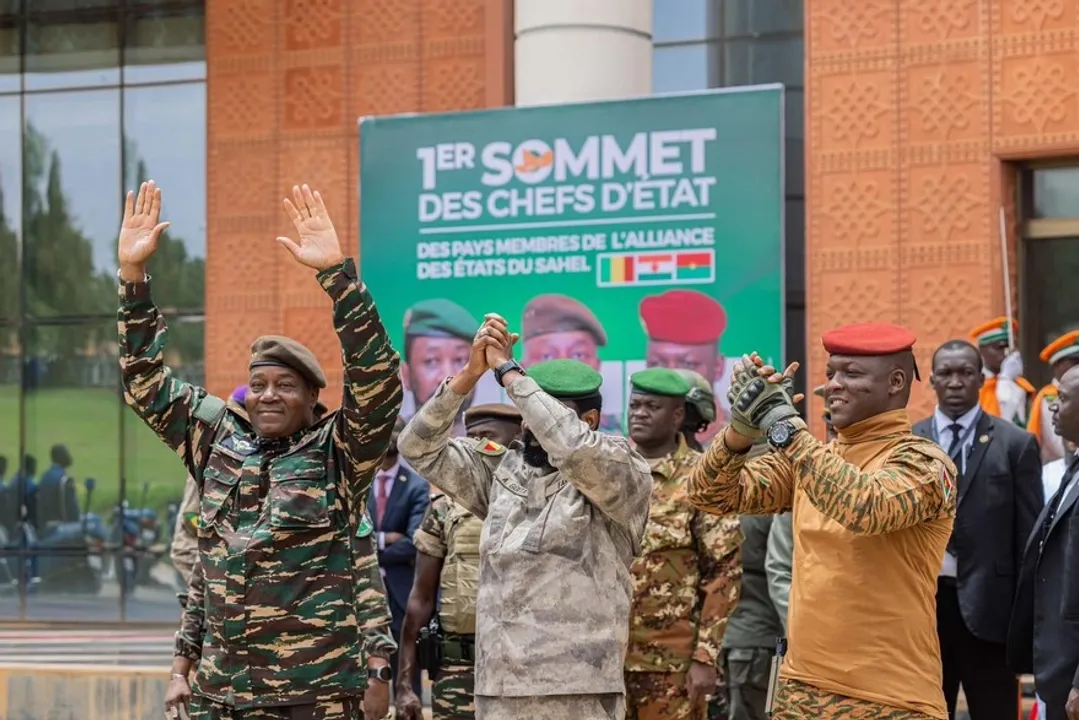
Bigambo offers a more positive assessment, saying that Traoré succeeded where his ousted predecessor failed. “Since Traoré came to power, I think close to 1.5 million displaced people have returned to their homes,” he says.
Gilt-edged sovereignty
Beyond security matters, Traoré has seized control of key gold mines, nationalising assets in a bold attempt to reclaim Burkina Faso's mineral wealth from foreign interests.
As Africa's fourth-largest gold producer, the country's substantial resources have historically enriched Western corporations and financial systems rather than local communities.
This economic nationalism has drawn criticism from Western-owned firms but praise and affection from Africans, who believe the continent has been long-exploited by the Western powers.
"We want institutions such as the African Union and even ECOWAS, as well as the United Nations, to demand critical material evidence," argues Bigambo.
"They must not allow interference with the internal affairs of Burkina Faso and come up with a scheme to exterminate Captain Traoré merely because of imperialist interests and exploitation of natural resources in Burkina Faso."
As Burkina Faso's young leader continues his leadership, the question remains whether he can transform populist fervour into lasting change. Without that, his legacy might merely add another chapter to the country's turbulent political history.
Comments
No comments Yet









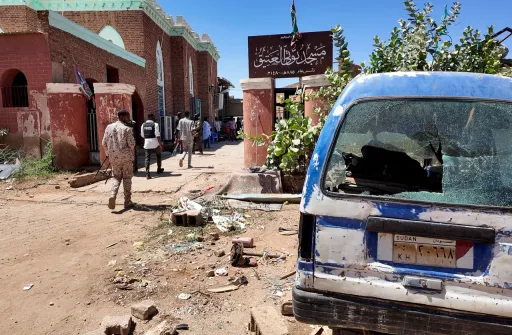
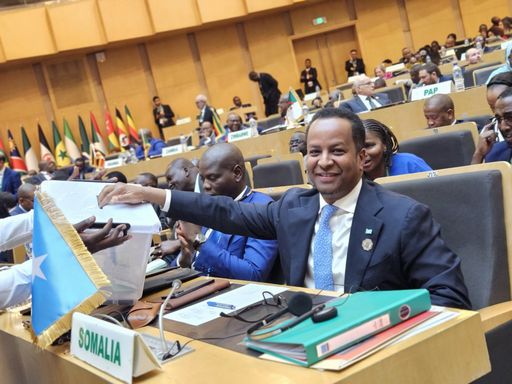
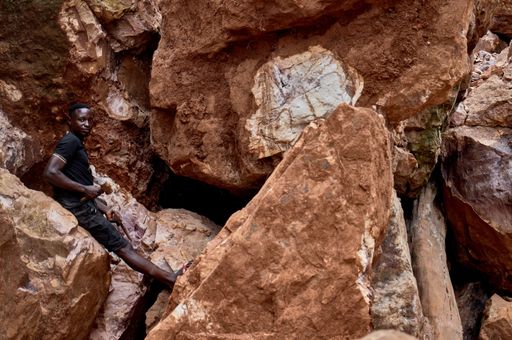








Comment